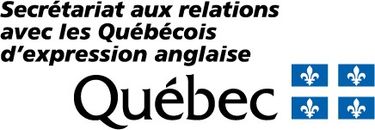Concordia University Research Chair in Bilingualism
March 2020
What is current focus of your research?
At the Concordia Infant Research Lab, we are interested in how children who grow up bilingual navigate the two languages. This involves studying how they learn the sounds, patterns, words, and actually figure out there are two languages. We are also interested in what normal development looks like for children growing up bilingual, trying to distinguish typical from atypical bilingual development.
We know that using the metrics developed for monolingual children on a bilingual child could give the impression that the bilingual child’s language development is delayed. As a result, there are lots of problems associated with growing up bilingual that we really feel comes from using the wrong measurement tool. At the same time, there are sometimes bilingual children who really do have language difficulties. Research shows that they would have whether they were learning one or two languages, but people falsely relate these problems to the fact they are bilingual. The result of this is that bilinguals get both over and under-identified as having learning difficulties. At the centre, we are trying to better understand the normal path for bilingual children so that we can assess them better.



